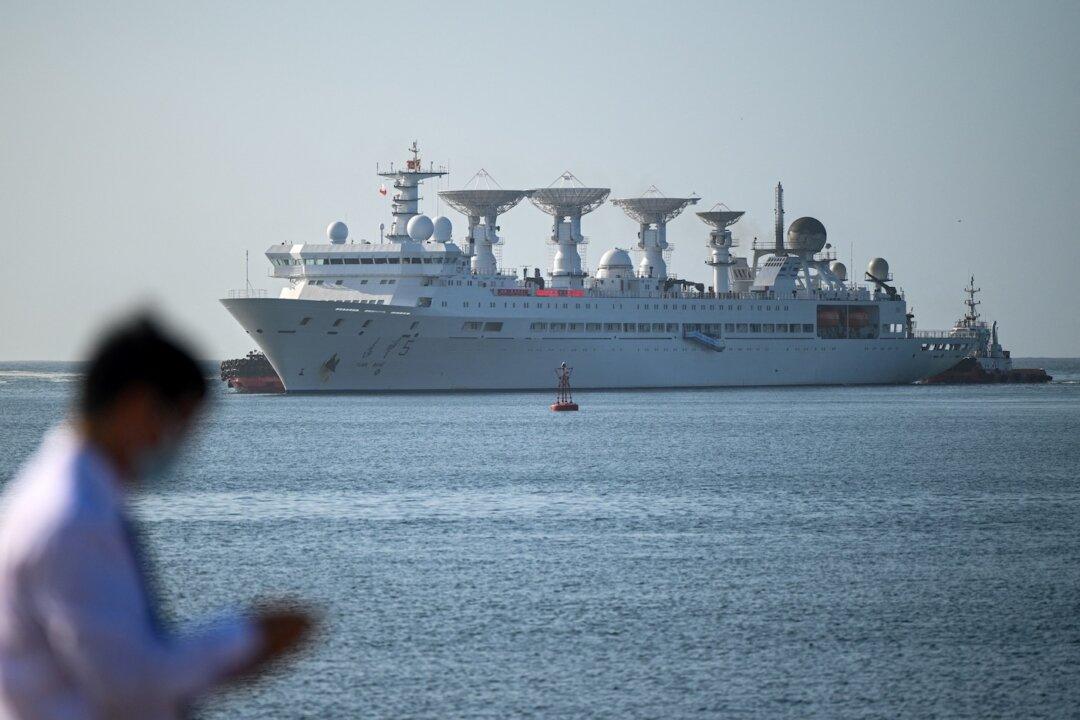The Indian High Commission in Sri Lanka slammed a Chinese envoy for accusing India of interfering in Sri Lanka’s internal affairs, saying that the island nation doesn’t need “unwanted pressure” while it deals with a national economic crisis.
India and China were at odds over the docking of a Chinese research ship in Sri Lanka’s Hambantota port for replenishment on Aug. 16, which India had strongly opposed because of security concerns.





